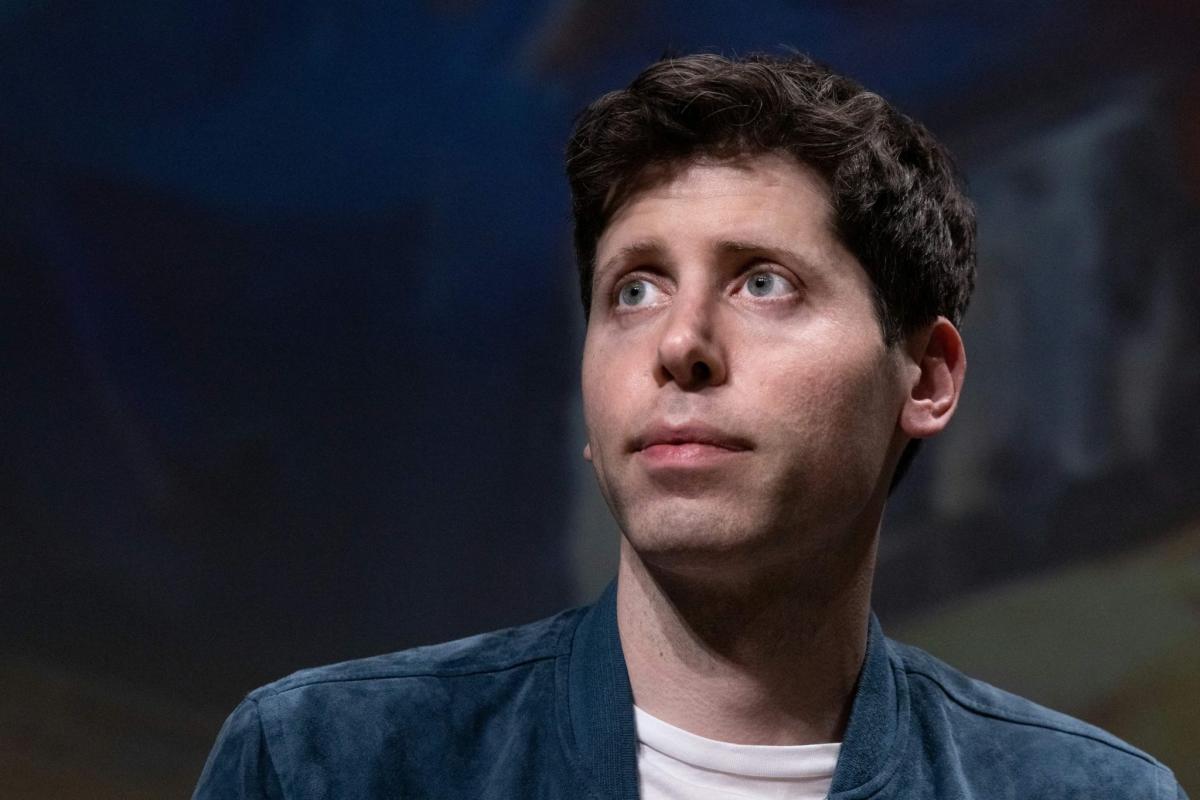Artificial intelligence startup OpenAI expects massive losses this year, but revenue over the next five years will continue to be explosive as the company raises fees on its signature chatbot.
According to documents seen by the New York Times, the company expects revenue of $3.7 billion in 2024. ChatGPT, which launched in 2022 and set off the current generative AI frenzy, is expected to generate $2.7 billion this year, while $1 billion will come from other businesses.
But OpenAI sees a loss of $5 billion, which doesn’t include equity-based compensation, the Times said. Its biggest cost is the computing power it gets from partner and top investor Microsoft, whose cloud services host OpenAI’s products.
The losses come despite monthly revenue in August hitting $300 million, up 1,700% since the start of 2023, the report added. Growth will continue to soar with OpenAI forecasting revenue will more than triple in 2025 to $11.6 billion and eventually reach $100 billion in 2029.
Part of the future revenue gains would come from increases in the fee that ChatGPT users pay. According to the Times, it will rise to $22 per month by year’s end from $20 today, then jump to $44 over the next five years.
OpenAI declined to comment to the Times and didn’t immediately respond to Fortune’s request for comment. CNBC separately confirmed the annual revenue and loss forecasts.
The documents seen by the Times were shown to potential OpenAI investors as the startup seeks to bring in $7 billion in a fundraising round that could value the company at $150 billion.
OpenAI has reportedly been in talks with Microsoft as well as other tech giants like Apple and Nvidia for the funding round, which is expected to wrap up in the coming week..
VC firm Thrive Capital is the lead investor with Tiger Global Management and UAE-backed company MGX also in talks.
But sources told the Wall Street Journal that Apple is no longer in talks to participate in the fundraising. Apple didn’t immediately respond to a request for comment.
Meanwhile, OpenAI is preparing to announce a new structure that will see its for-profit arm no longer subservient to the board of its nonprofit foundation.
The sudden resignation of Chief Technology Officer Mira Murati on Wednesday was the latest executive departure that signals OpenAI’s coming shift in the wake of the 2023 attempt to oust CEO Sam Altman.
Amid the transition to a for-profit business, sources told Bloomberg that OpenAI could grant Altman a 7% equity stake in the company, which could potentially lead to a $10 billion infusion of wealth for the 39-year-old CEO. But the company denied the report.
“The board has had discussions about whether it would be beneficial to the company and our mission to have Sam be compensated with equity, but no specific figures have been discussed nor have any decisions been made,” Bret Taylor, chairman of OpenAI, said in a statement to Fortune on Friday.
This story was originally featured on Fortune.com

